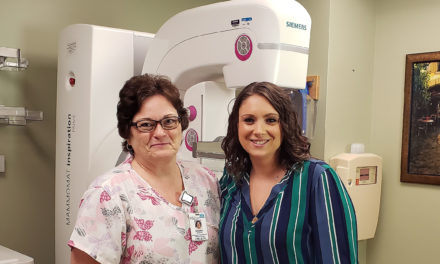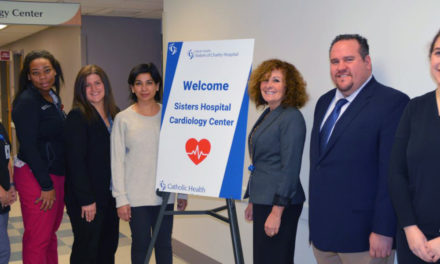Acid reflux is more than just an unpleasant side effect that happens when we overindulge – it can be a serious medical problem.
“How do I know when my food just didn’t sit right versus when it’s time to talk to a doctor?” you ask. Well, it’s when your symptoms start to feel like they’re a chronic condition – indigestion and heartburn happen frequently or repeatedly.
“At the Heartburn Center, we’re typically seeing patients who are affected more frequently, on a weekly basis, or are taking medications daily. Some patients are referred by their family doctor, some are self-referred, or some come from our GI colleagues.
When a patient is seen in our office, we evaluate, and that’s able to help determine what course of action – is it lifestyle changes? Is it medication? Is it surgery? – that’s going to best benefit the patient.”
In the meantime, there are lifestyle factors that can be adjusted for people with sensitive stomachs. Review this list of things you can do on your own to better manage your digestive symptoms.
Ways to Manage Acid Reflux
1
Dress for success.
Tight-fitting apparel like belts, high-waisted pants, and pantyhose may upset your stomach by putting extra pressure on the muscles that cause reflux. If you’re battling tummy troubles, give yourself – and your stomach – a break by wearing stretchy clothes and comfortable waistlines.
2
Take over-the-counter antacids.
Though not recommended as a long-term treatment, these products can be looked to as a quick fix when you’re experiencing heartburn. It’s good to keep them around the house if an unexpectedly spicy meal is wreaking havoc on your insides.
3
Stay on your feet after eating.
One step to better digestion is to avoid laying down or going to sleep at least an hour after eating. Now, doing the dishes might not be the most fun after-dinner activity, but light housework that keeps you on your feet following a meal is ideal for those who tend to experience reflux.
4
Sleep on an incline.
Elevating your upper body when you sleep is smart because it supports your body’s natural digestive pattern. A great way to accomplish this with minimal home renovations is to purchase bed risers to place under the head of your bed.
5
Be mindful of your eating habits.
Some doctors recommend that people suffering from GERD graze throughout the day, rather than sitting down to 2-3 major meals. Eating a large amount at one time puts stress on your esophagus – which you can avoid by incorporating multiple small-portioned meals into your day.
Get Help for Chronic Symptoms
Chronic acid reflux could be a sign of a more serious health condition. Make sure to discuss frequent heartburn symptoms with your doctor or seek the advice of a gastroenterologist.
Find a Gastroenterologist Near You
Call (716) 706-2112
Find a Gastroenterologist Near You
Call (716) 706-2112





